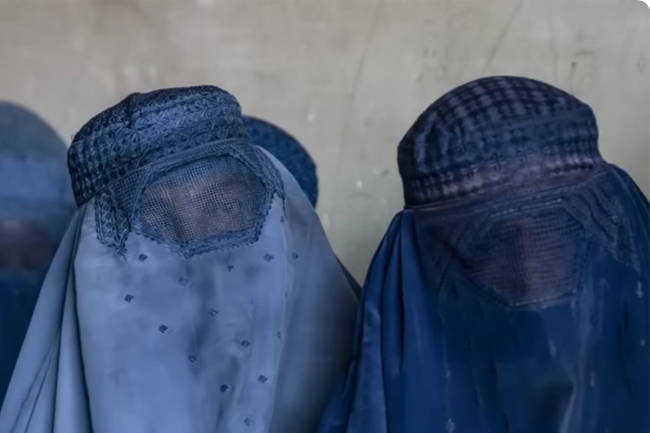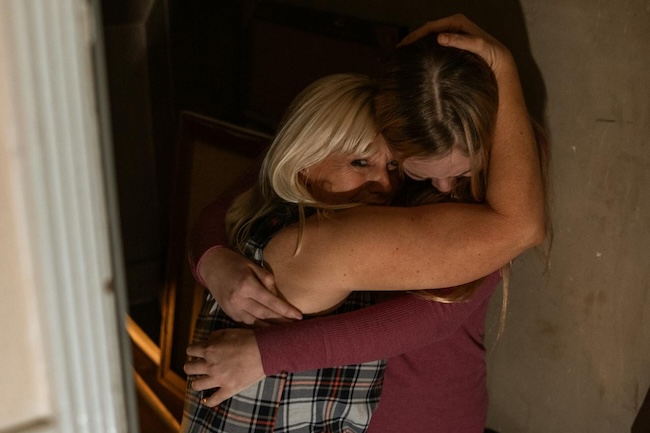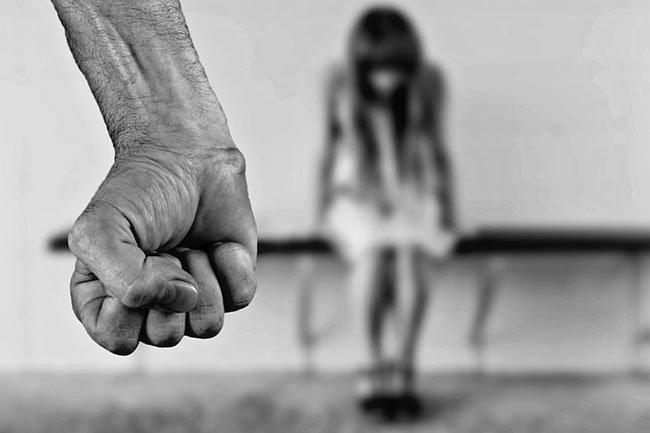Iranian women are suffering at the hands of men every day. Johanna Higgs discusses with them their reality and urgent need for a solution.
"THEY DO IT FOR POWER," said Afshin Bakhshesh, a 22-year-old Iranian university student.
We were in the small city of Chabahar on the south coast of Iran in the culturally autonomous region of Baluchistan. With the border of Pakistan and Afghanistan not far away and the Gulf of Oman spread out in front of us, we were sitting in a small coffee shop, that served no coffee, talking about women’s rights.
I was asking him about sexual harassment and why men do it.
"They do it to feel power amongst their friends," he said, "my friends do it for fun. When a woman walks past, they make comments about her just to laugh. It makes them feel power amongst other men because they’re showing that they have the ability to be rude to girls".
Shaking his head, he said "the majority of the men here do this. It’s really shameful".
I spent a month travelling through Iran speaking to women and men about the situation of women’s rights in their country. Women spoke of unfair discriminatory practices that were institutionalised in law, as well as sexual assault and domestic violence.
They also spoke of sexual harassment.
Statistics on sexual harassment in Iran are difficult to find, most likely due to the conservative nature of the country. Talking about sexuality is generally not allowed, and the culture of shame and stigma surrounding sexual assault and harassment renders most of its victims silent.
One study conducted in Mazandaran Province, however, showed that nearly 90 per cent of women reported that they had experienced verbal sexual harassment and nearly 95 per cent had suffered physical harassment.
In Baluchistan, the problem is particularly endemic. One of the poorest regions of Iran, it is culturally distinct from the rest of the country. As Sunnis, rather than Shia, they share more cultural similarities with neighbouring Pakistan and Afghanistan than the rest of Iran.
It also a region that has become known for being particularly difficult for women.
"They’re wild here," explained Mahkan Jahandide, 34-year-old woman from the Baluch city of Zahedan, speaking about the men:
"When I was young, going to school I was persistently sexually harassed. Now I don’t stay out past 10pm, there are men who follow you and say bad words, so it’s not safe. Even if you are in a car, it always happens. We can’t do anything."
Two Iranian humanitarian workers Sara Mirbazel and Pegah Nikraftar, who had moved to Zahedan for work, said that the sexual harassment in Zahedan was some of the worst that they had experienced.
"I have never experienced sexual harassment as bad I have here," Mirbazel said, "the police are also harassing women".
Nikraftar nodded her head in agreement and added:
"The men try to say things to you or to touch you and nobody cares. They’ll blame you and say it's because you’re wearing something colourful or because your clothes are too tight."
Neda, a young woman from Zahedan explained that she went everywhere in a car, just to avoid the sexual harassment:
"One day I was standing on the side of the road and a man on a motorbike grabbed my ass so hard as he was coming past me. I was so afraid, I didn’t go outside for one week after that. I called the police and they told me that it was my problem and that if I dressed better, then nobody would harass me."
But that wasn't the case, Zahedan added:
"When I was younger, I wore the chador, but still the men do these things. Islam always talks about women and says that you should dress a certain way and you shouldn’t go out, but this just gives men permission to do these things. This is Islam."
Jahandide agreed that discriminatory attitudes towards women in Iran give men permission to behave badly:
"If you call the police, then they’ll just ask what you were wearing. That’s the Iranian police. The boys hear them saying this and so they know that they won’t be punished."
"The problem is our existence," said Fatima, a young English teacher from Qom. "They don’t want us to be in a public space. They say that if you don’t want men to abuse you then you have to wear hijab in a good way. But if you go out in public, it doesn’t matter what you’re wearing, they will stare at you."

An Iranian woman, Leila, shared with Johanna photos of her seven-year-old daughter. She felt disgusted by the idea of a woman covering her hair is to hide her sexuality and she was unhappy that her daughter could be sexualised at such a young age. Leila didn't like the forced hijab rules in general (Image supplied).
So what can be done to bring sexual harassment to an end?
For Ali Qasemi, a man selling sunglasses in the local bazaar in Qom, he says that women should not be blamed for harassment:
"A woman’s dress is not a permission to insult or harass a woman. You cannot do that as a man."
Bakhshesh believes that if there was less segregation between men and women in Iran then there would be less sexual harassment. However, when I ask him if the men who harass women knew they were causing harm, would they stop? He stops to think for a moment and says: "No."
The problem with sexual harassment in Iran – and everywhere else that it happens – is that the men who harass women do so because they enjoy it. They also know that they will not have to face consequences for their actions.
Bringing sexual harassment to an end in Iran – and everywhere else – is going to involve harsh social condemnation of these men who harass women, and reforming laws and justice systems to provide better protection for women. While police officers are complicit in sexual harassment, then there is very little chance that it will stop.
"I want justice. I want everybody to treat us equally. We are not objects," said Neda.
Said Jahandide:
"It’s really bad to be a woman here."
Johanna Higgs is an anthropologist and founder of Project MonMa, which advocates for women’s rights around the world.
Iranian women express their frustration at laws, media and behaviour in Iran that present them as inferior (Video via YouTube).
 This work is licensed under a Creative Commons Attribution-NonCommercial-NoDerivs 3.0 Australia License
This work is licensed under a Creative Commons Attribution-NonCommercial-NoDerivs 3.0 Australia License
Support independent journalism Subscribe to IA.












